With myriad sensors and computers, a modern motor car can practically drive itself. And that really isn’t a good thing, reckons Paul Cowland.
The march of progress really is quite subjective, isn’t it? Chances are, you’ll be reading this on your all-singing, all-dancing internet-connected smartphone. A device on which you can also order the weekly shop, create a Hollywood-standard film using the camera, gratify yourself in all manner of exciting ways… and should you wish to, possibly even call someone. But nobody does that any more.

Technology and innovation has brought us many wonderful things. The convenience and community of the many social apps. Every film, on demand, at the touch of a button. The microwaveable burger.
Yet, despite all of these appearing to be great things on the surface, when you drill down into them, there’s almost always a downside. The literally endless reach of social media has made us less sociable. We simply don’t need to find the time to see friends in person any more. Whereas the ability of viewers to dip out of a film that doesn’t viscerally thrill with in the first 30 seconds of screen time has doubtless denied many sofa-bound film critics the chance to let a slow-burning masterpiece unfold. As for the microwaveable burger? Well, sometimes, they just hit the spot, don’t they? And that’s a hill I’m prepared to die on.
Broadly speaking, technology makes us lazier, by doing a great deal of the thinking for us. It’s why the adverts that you’ll be seeing after you’ve read this will be precisely tailored for whatever it is you’ve been reading or shopping for recently. (If that’s a timely reminder to delete your browser history, you can thank me later.) The problem with all this machine thinking, to my mind, is when it’s then applied to the motor car, and then relied on with wanton abandon.
The average modern motor car is the safest incarnation of our favourite mode of transport that there has ever been. There are sensors to prevent you from backing into things. Or driving forward into them, for that matter. Then there are cameras. LOTS of cameras. Whichever plane of travel you have set your heart on, the camera will show you what’s there. Need a ‘bird’s eye’ view to check what’s around you? It’s simply a button push away. Hell, if you’ve really checked out of the whole ‘Joy of Manoeuvring’ movement, there are hatchbacks out there that will even reverse-park themselves for you. Sort of.
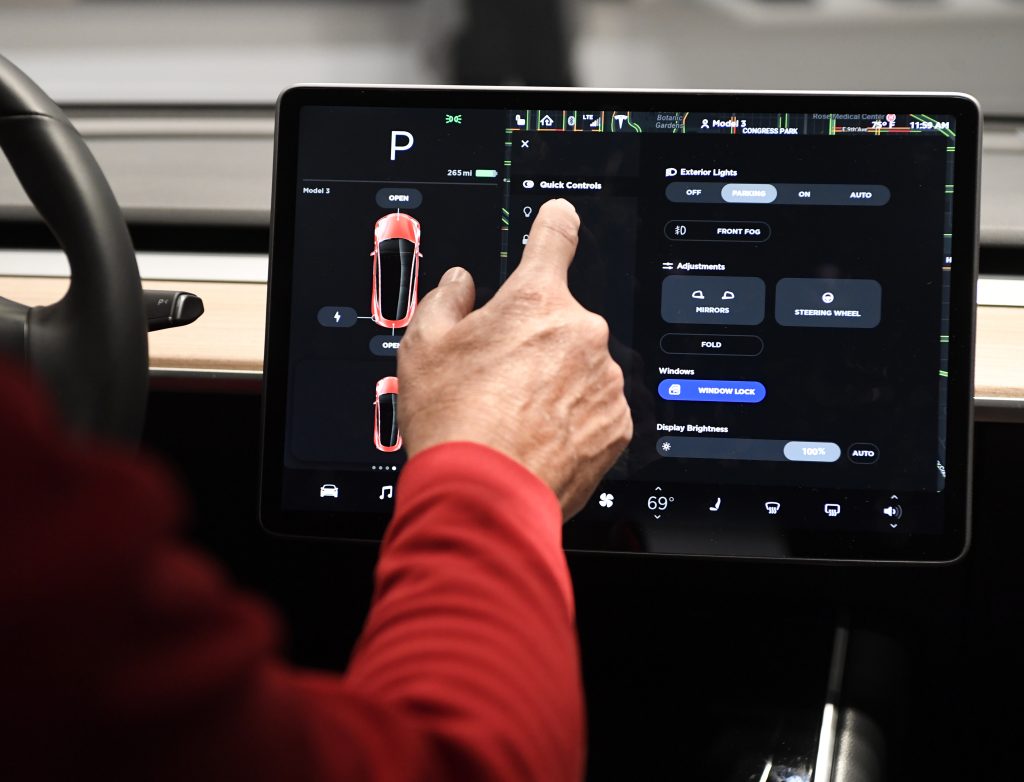
Cruise control, once a genuine luxury in itself, has now evolved into ‘Pilot Assist’, as Volvo wonderfully calls it. Not only keeping the perfect set distance from the car in front, but even making sure that you don’t leave your lane inadvertently. Need to think about braking? Not any more you don’t, because modern cars will do that for you, too. And whether you’re stopping too hard, accelerating too briskly, or doing silly things with your steering wheel, expect the active braking systems, traction controls and dynamic stability computers to undo your ineptitude.
And herein lies the problem, because we’re creating a generation of drivers for whom the AI is doing most of the work. They’re not driving these machines, as such, merely switching on a series of control systems that should save them from the majority of bad situations.
But why should that bother us? We’ve made them safer, right? Well, no. Because the reliance upon the machine is beginning to take away free and sensible thinking for many motorists, replacing human common sense with a series of algorithms and programmes.
Don’t believe me? Hands up anyone who has ever followed a sat-nav instruction down a road that really wasn’t suitable for motor vehicles. Something a good old fashioned road atlas, or close scrutiny of the road signs themselves might have easily divulged beforehand. I’ve also seen first-hand what happens when you temporarily put people whose daily driver does all the cognitive processing for them into something far more rudimentary. The amount of bodyshop jobs in at my painter’s this week alone for people ‘waiting for the beeps to go off’ before they backed their hire car into a wall is now approaching double figures.
It’s one of many reasons that I am preferring to taker an older car on almost any type of journey, these days. In most cars that are 20 or older, the key aspects of critical thinking are placed upon you, the driver.
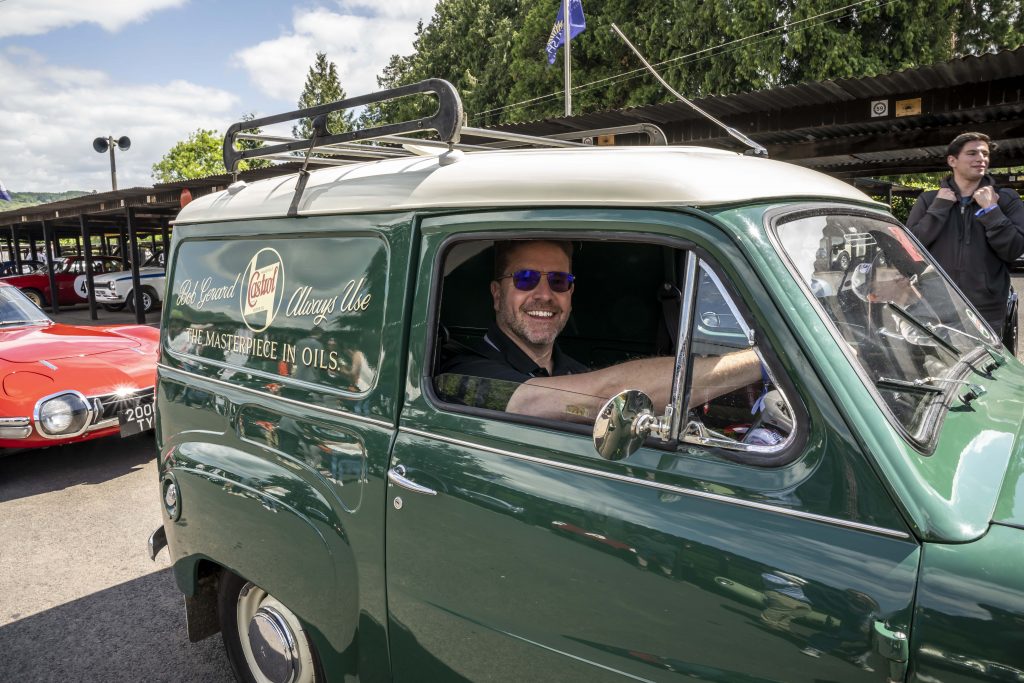
Speaking for myself at least, that really makes me want to step up to the plate and play my part. Knowing that too much throttle will break traction, being critically aware of the cars around me on the motorway, and my distance to them, or just really feeling what the tyres are doing during a spirited bout of country-lane cornering really brings the driving experience alive. Driving an older car heightens every single sense in your body, knowing that the rectification of every issue is all down to you. And because of that, I reckon that it’s me driving at my very best.
Spending so much time on the motorways of the UK as I do, I can sadly attest that, on every single trip, I see somebody relaxing in a modern car, cosseted by adaptive cruise and lane-keep-assist while they tap furtively – and illegally – on their phones. To date, I’ve never seen a driver of a classic or retro car doing the same. I’m guessing they simply have too many other sensory inputs to deal with. If you’re checking your gap, correcting your steering, watching your speed, scanning the gauges for a dreaded overheat and listening for that misfire that sometimes occurs every fifth Thursday, there’s no way you’ve got the bandwidth to even think about breaking the law on your phone, never mind texting the other half to get the kettle on.
In the unlikely event that I ever make it to Transport Minister, you can bank on two weeks of mandatory ‘national service’ for all drivers in my fleet of carefully chosen classic cars. Not only can you expect the standards of reverse parking and bollard-distancing to dramatically improve, but I reckon we’d see an overnight reduction in phone offences and accidents in general. Driver aids certainly have their part to play in keeping our roads safe, but not half as much as us drivers do.
Read more
Life is short and new cars aren’t as green as we’re told – so buy an old V8
Why touchscreens are infecting everything
10 hit and miss car features of the RADwood era


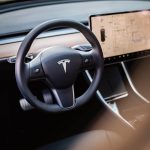


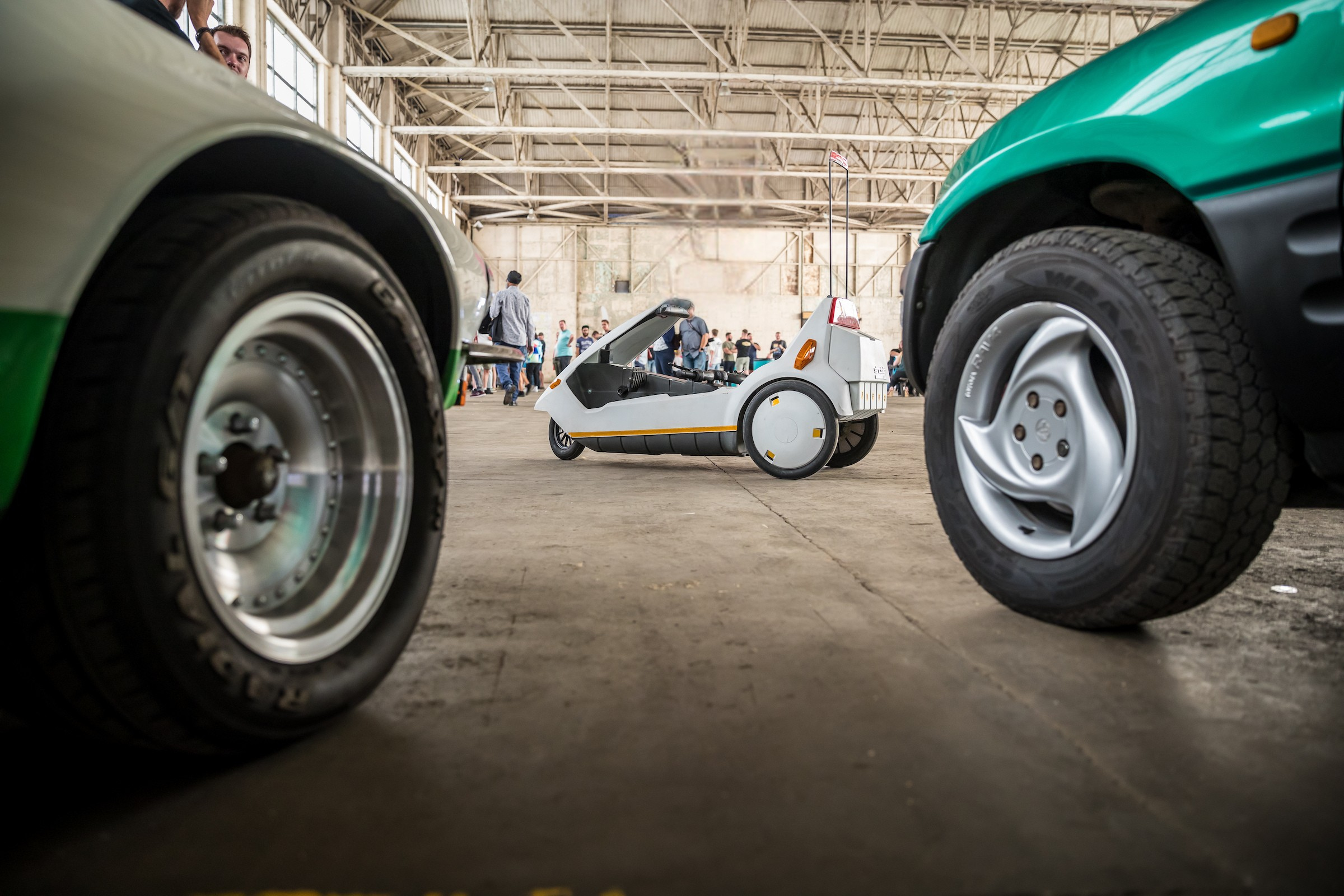
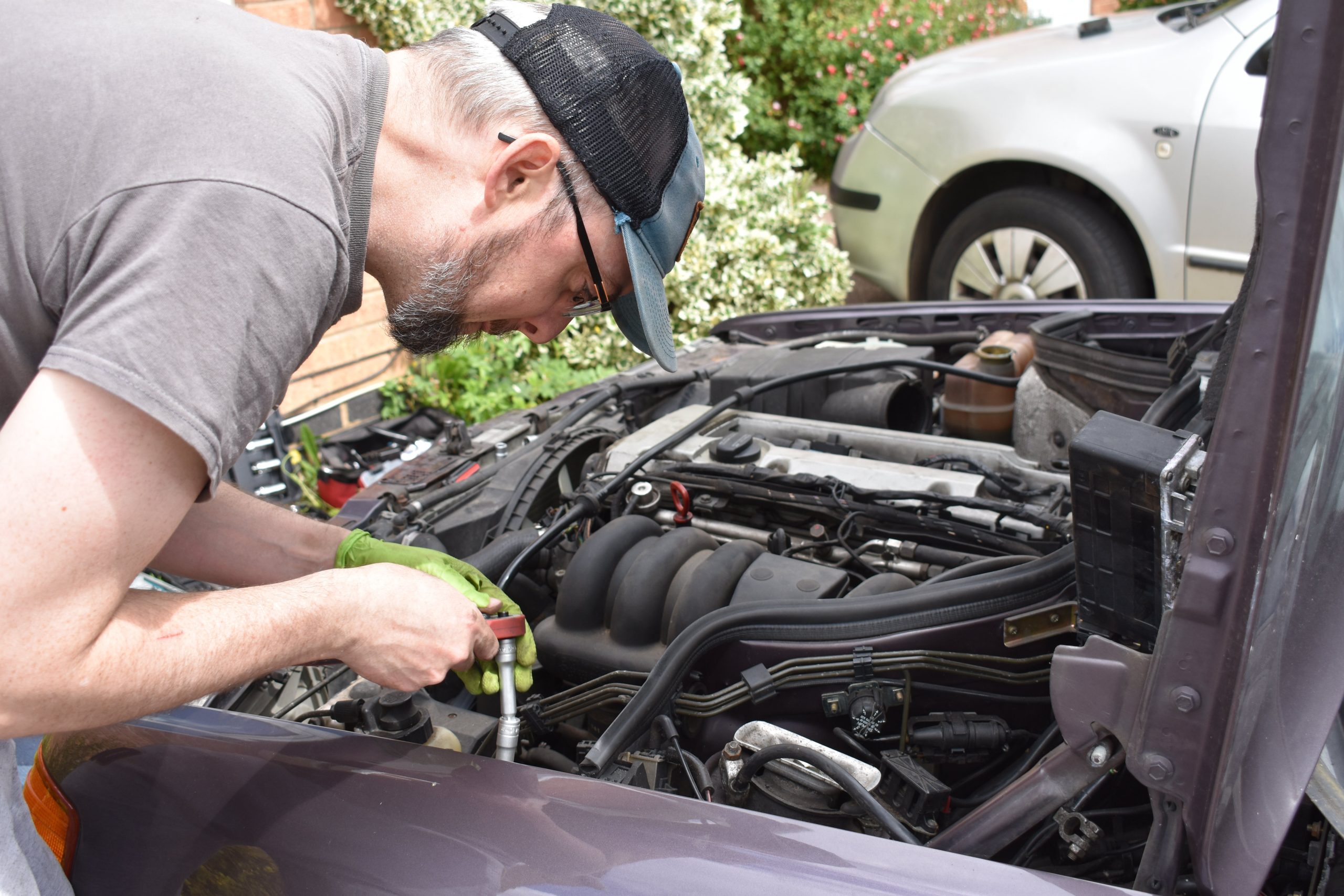
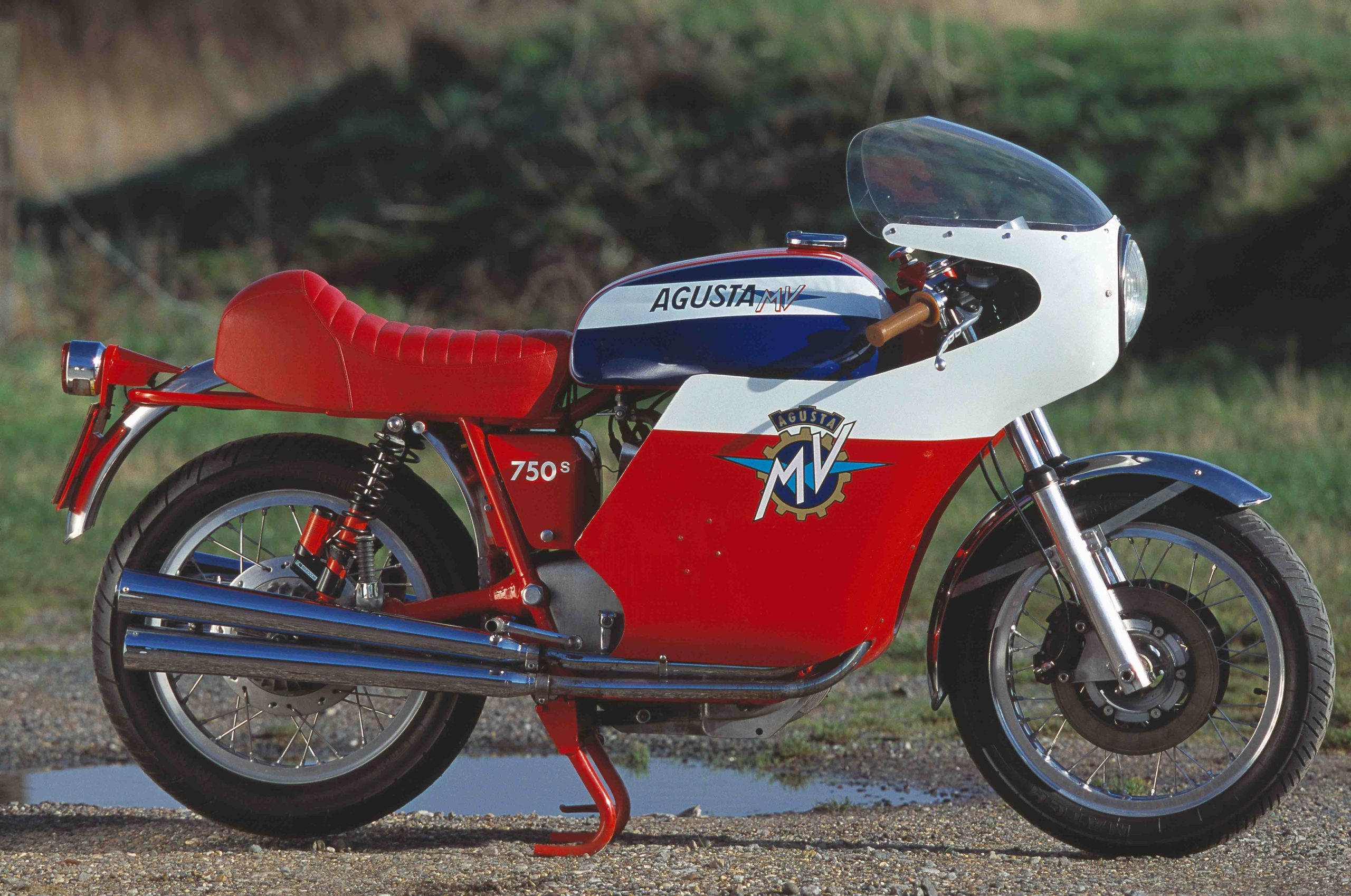

Driving with your elbow on the window frame isn’t very clever, though plenty of drivers do it (see photo above!)
My wifes car tells me off if I’m bit late coming off the clutch, when to take a break, slams the brakes on when reversing out of the drive if its “seen” a rogue twig off the bushes, meanwhile the touchscreen demands that I take my eyes off the road to perform a change of radio station. And they call it progress!
One that irritates me is that you can’t use the windscreen washer without the wipers coming on automatically.